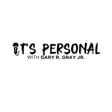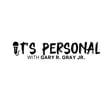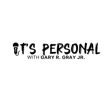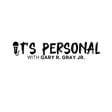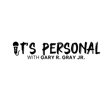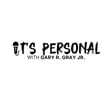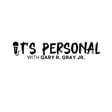
EP. 132 Tony Keith Jr. and HOW THE BOOGEYMAN BECAME A POET
Poet, writer, and educator Dr. Tony Keith Jr. makes his debut with a powerful YA memoir in verse, tracing his journey from being a closeted gay Black teen battling poverty, racism, and homophobia to becoming an openly gay first-generation college student who finds freedom in poetry. The audio experience is a true delight, with Tony's writing and narration shared with such passion and joy - it truly sounds like a rap album!
Tony dreams about life after high school, where his poetic voice can find freedom on the stage and page. But the Boogeyman has been following Tony since he was six years old. First, the Boogeyman was after his Blackness, but Tony has learned It knows more than that: Tony wants to be the first in his family to attend college, but there's no path to follow. He also has feelings for boys, desires that don't align with the script he thinks is set for him and his girlfriend, Blu.
Despite a supportive network of family and friends, Tony doesn't breathe a word to anyone about his feelings. As he grapples with his sexuality and moves from high school to college, he struggles with loneliness while finding solace in gay chat rooms and writing poetry. But how do you find your poetic voice when you are hiding the most important parts of yourself? And how do you escape the Boogeyman when it's lurking inside you? Grab your copy of this powerful memoir today
Grab your copy of this powerful memoir today!
Listen to audio versions here:
Apple: https://itunes.apple.com/ca/podcast/t...
Spotify: https://open.spotify.com/show/2f3XyNg...
Zencastr: https://zencastr.com/It-s-Personal-Po...
Website: https://www.tonykeithjr.com/
Instagram:  / tonykeithjr
facebook:  / tonykeithjr
X:  / tonykeithjr
